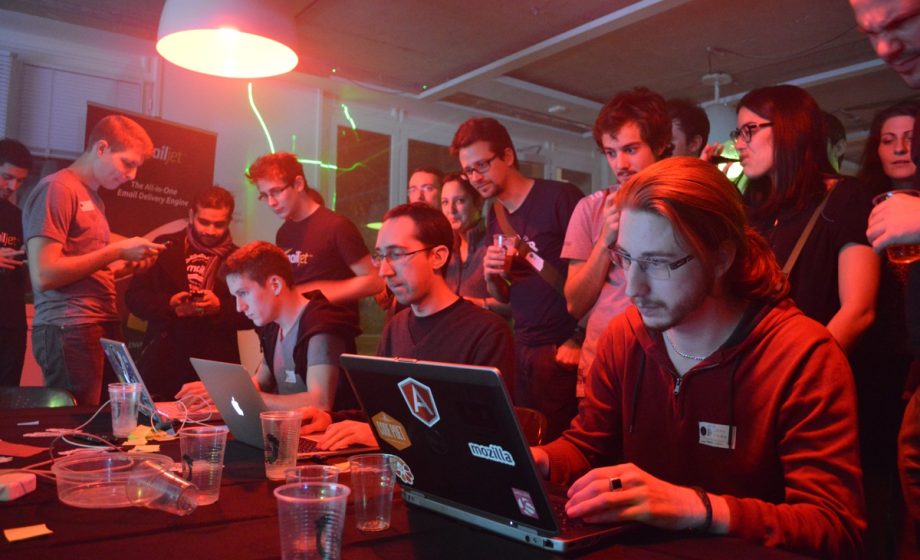
In the aftermath of the attacks on Paris that took place earlier this month, the City of Paris has been quick to respond, much like the rest of the public servants. Just as Parisians were checking in on Facebook, following news ( & lies) on Twitter, and realizing that some of the most basic needs in the case of an emergency were unable to be fulfilled – contacting the Police if you see something, figuring out if loved ones are safe, for example – one Paris entrepreneur took to Facebook and asked the question “What can hackers do to keep us safe?”
Jean-François Pillou only just sold his company, CCM-Benchmark, one of the leading digital media in France in terms of audience, to LeFigaro Group last month, and a new-found fire has been lit when he called for the “Uberization” of counter-terrorism efforts. In France, Uberization has become synonymous not just with the on-demand economy, as in the US, but with the disruption of the status quo, such as taxis (Uber), hotels (Airbnb) & merchants (Amazon) have experienced.
The City of Paris quickly picked up on the chatter, which gained momentum on Facebook in the days following the attacks, and put together Hackathon Nec Mergitur, a hackathon whose goal is to bring people together for a weekend to solve civil problems focused around emergency situations. France was rattled on November 13th, with thousands calling 17 (“911”, France’s emergency number), and many criticized the inability of the standard hotline to respond to the influx. Pillou himself asked the question of why it was left to Facebook to create its now infamous Safety Status feature, and others quickly looked at ways to signal people in an affected zone that they were in danger.
The initiative, like many hackathons, is well-meaning, and Pillou has ostensibly thrown himself into the movement just as Jean-David Chamboredon threw himself behind the Pigeon movement in 2012; however, the Pigeon movement notably lost its impact and voice just as quickly as it gained it. If Pillou & the city of Paris hope to see technology have a real impact on the security of citizens in France (& abroad), they will need to look quickly at the impact the hackathon hopes to have.
I, for one, am thoroughly behind the idea of taking some of the brightest minds in technology and aiming a part of their attention span at solving problems that don’t have an economic model, but a social one; however, there’s a reason entrepreneurs make the biggest impact in the private sector, and tend to flutter out in the public sector – the rules are different, as are the goals of each of the players.
Earlier this year, Techcrunch’s Mike Butcher threw his support behind TechFugees, a European initiative designed to leverage the technology community to respond to the European Refugee Crisis. Butcher has been successful in bringing together technology leaders in London and abroad, and their £30 conference on December 2nd hopes to raise awareness (the ticket costs, it seems, just barely cover the cost of putting on the event) by bringing together individuals who are on the frontlines of the refugee crisis.

